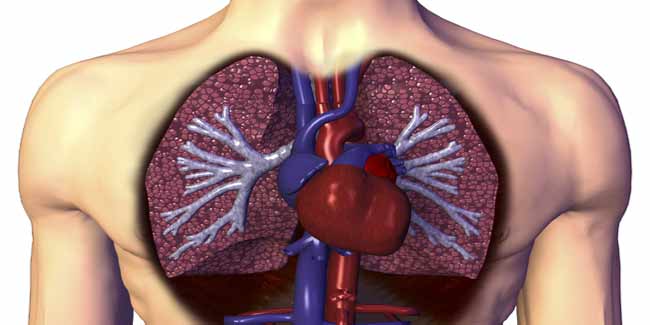
Heart valve disease generally occurs when the heart’s valves do not really work in the way it is designed to. Try understanding the causes and symptoms of heart valve diseases.

Heart valve diseases could include Valvular stenosis and Valvular insufficiency. The valves lie at the exit of each of the four heart chambers and it is responsible for the maintenance of one way blood flow through the heart. The four valves also make sure that the blood always flows in a forward direction and there is no backward leakage.
Causes
Heart valves open and close when they work properly, but when it is struck by a diseases it doesn’t close tightly. Then with each heartbeat instead of moving forward into the aorta some of the blood from its left ventricle starts to flow backward into the left atrium. Here are some of the probable causes for the diseases that strike the heart valves.
Age Related
For men who are older than 65 years of age are more prone to developing calcium and other types of deposits on their heart valves. The deposits then stiffen and cause the valve flaps to thicken thus successfully limiting the blood flow through the valve. Aortic valve is in fact more prone to the problem in comparison to the other valves. These deposits are similar to those found in people who have atherosclerosis.
Rheumatic Fever
If you have a strep throat that is untreated or other infections involving strep bacteria then the progress to rheumatic fever can also cause valve disease. The body in an attempt to fight the strep infection leads to the destruction of one or more heart valves or they could even get scarred in the process. Here you will find that the aortic and mitral valves get affected most often. You will find that these symptoms of the heart valve damage often don’t appear until many years after the recovery from rheumatic fever.
Heart valve diseases caused by rheumatic fever mainly occur in older adults.
Infections
Common germs which enter the bloodstream get carried to the heart and can sometimes infect the inner surface of it, which includes the heart valves. This infection is known as infective endocarditis. Now the germs can enter your bloodstream through needles, syringes, or other medical devices and get in the skin or gums. While most times the body’s defense system fights off the germs and averts an infection, sometimes these defenses fail thus leading to infective endocarditis. People who have abnormal blood flow through a heart valve as a result of congenital or acquired heart valve disease can develop this.
Symptoms
You know you have heart valve disease when you experience an unusual heartbeat which is known as a heart murmur. This heart murmur is a common sign of a heart valve disease and your doctor can hear it with a stethoscope. This is not to say that people do not get heart murmurs otherwise.
The disease of heart valve may even worsen over time and therefore the signs and symptoms may occur after many years of the first heart murmurs. There are people who do not have any symptoms until they reach middle age or even sometimes they grow older.
Among the many signs and symptoms, some that you might face are unusual fatigue, shortness of breath especially when you exert yourself or you are lying down. Also you may experience swelling in your ankles, feet, abdomen, and veins in the neck. You could also experience chest pain and fluttering, racing, or irregular heartbeat. Some types like miral valve stenosis, could cause you to feel dizzy or fainting.
Read more articles on Heart Valve Problems
Read Next
How to be Heart Healthy after 40
How we keep this article up to date:
We work with experts and keep a close eye on the latest in health and wellness. Whenever there is a new research or helpful information, we update our articles with accurate and useful advice.
Current Version